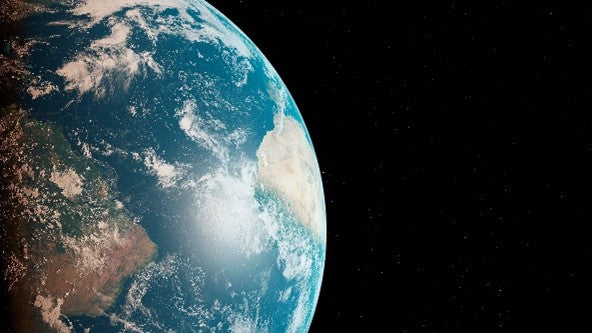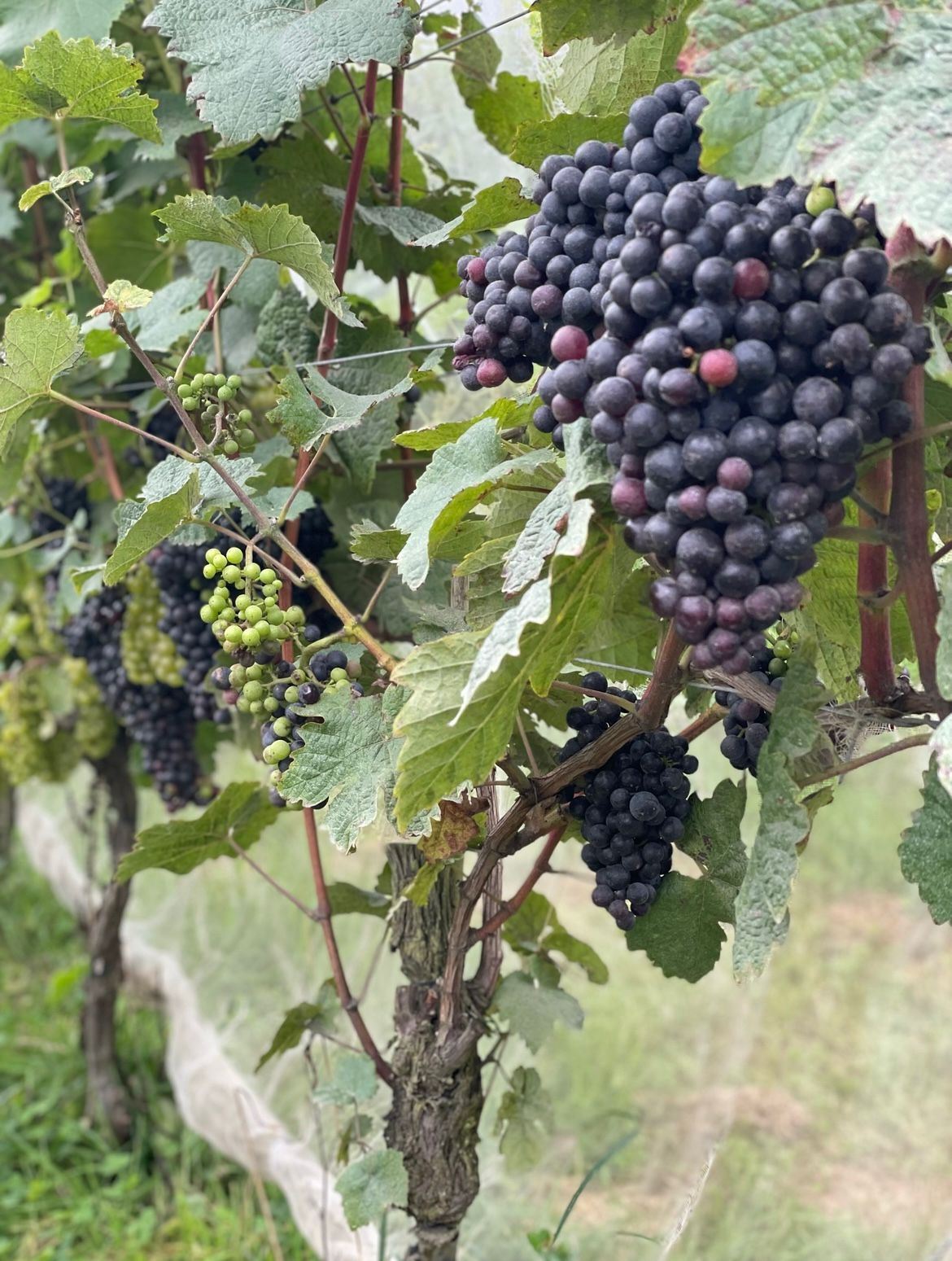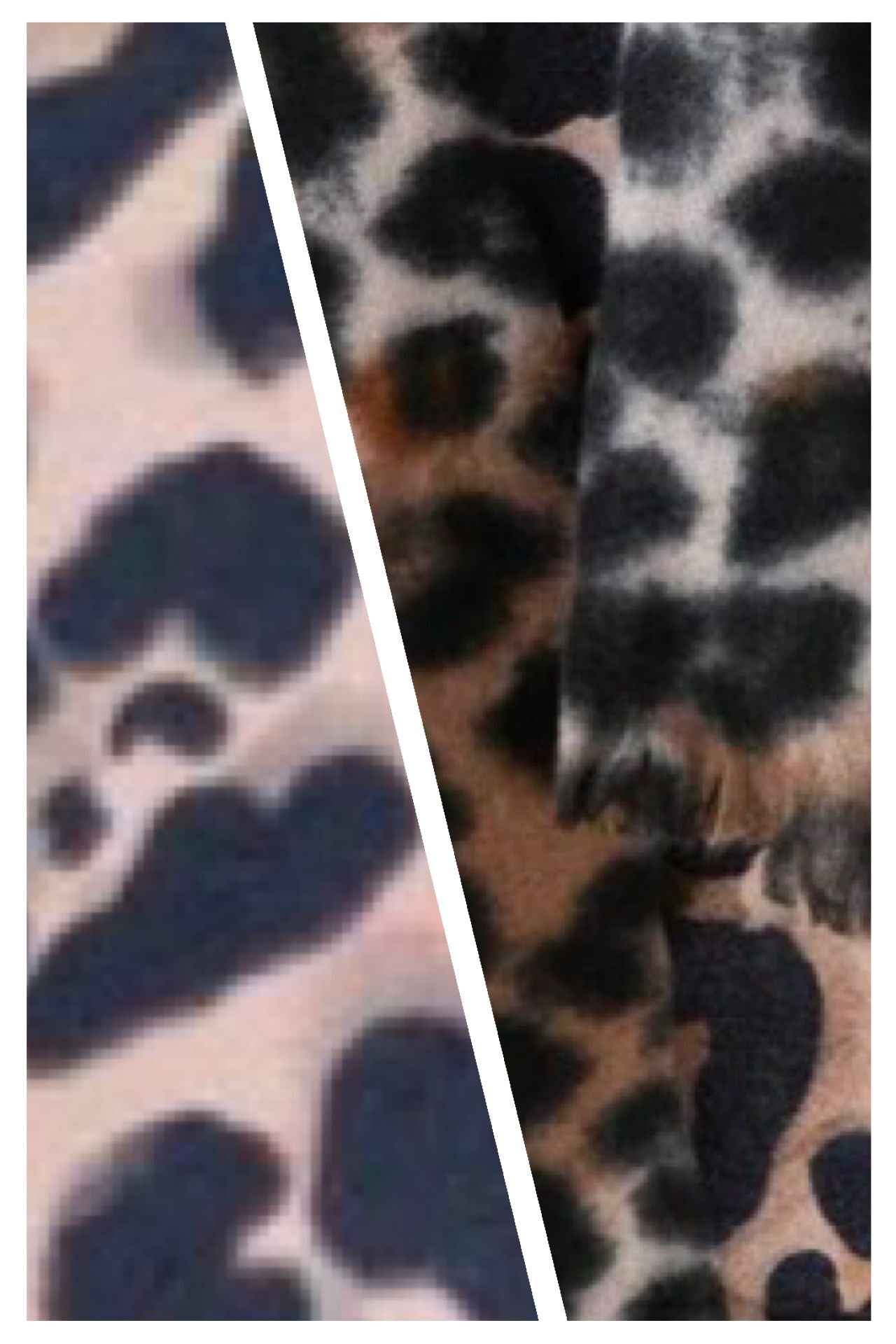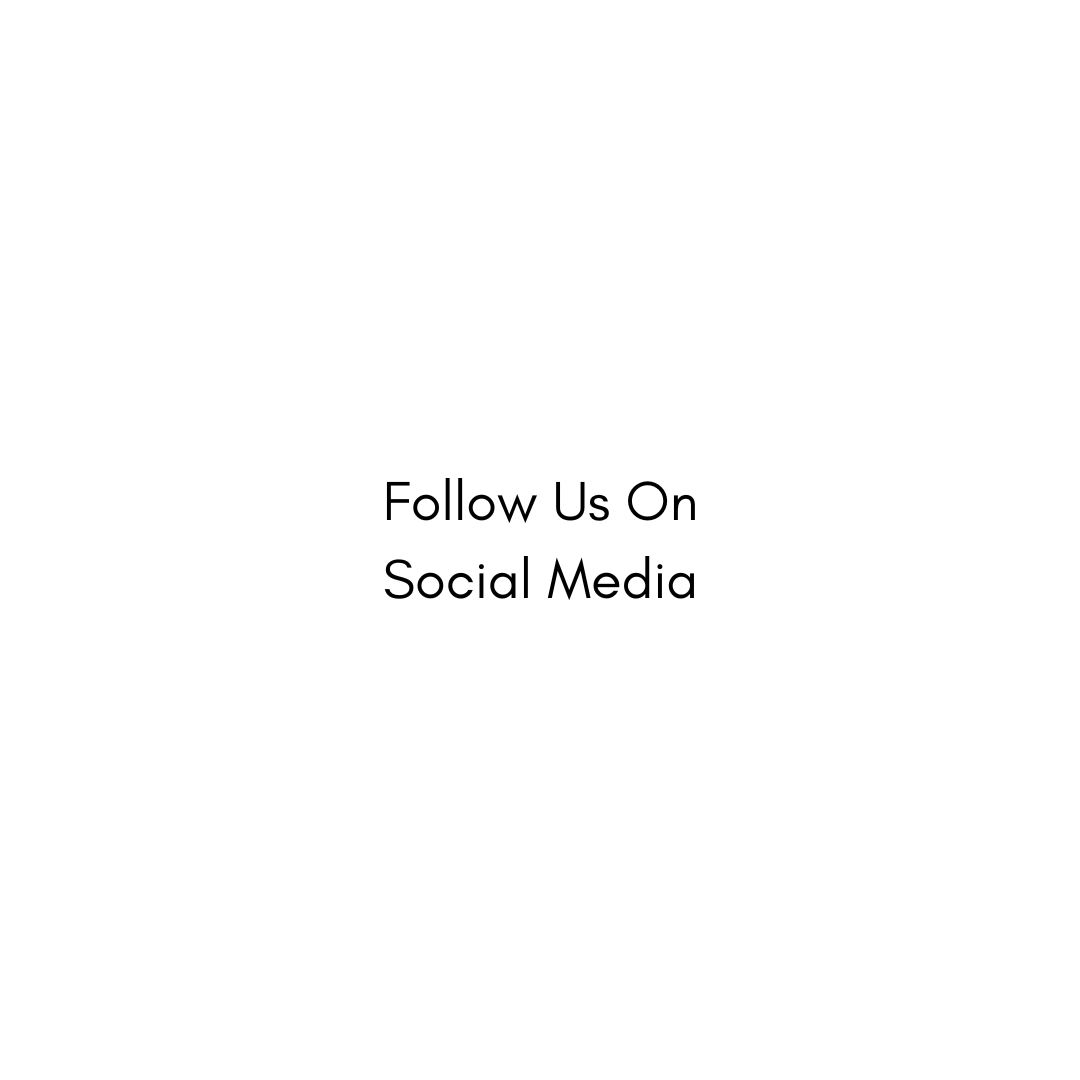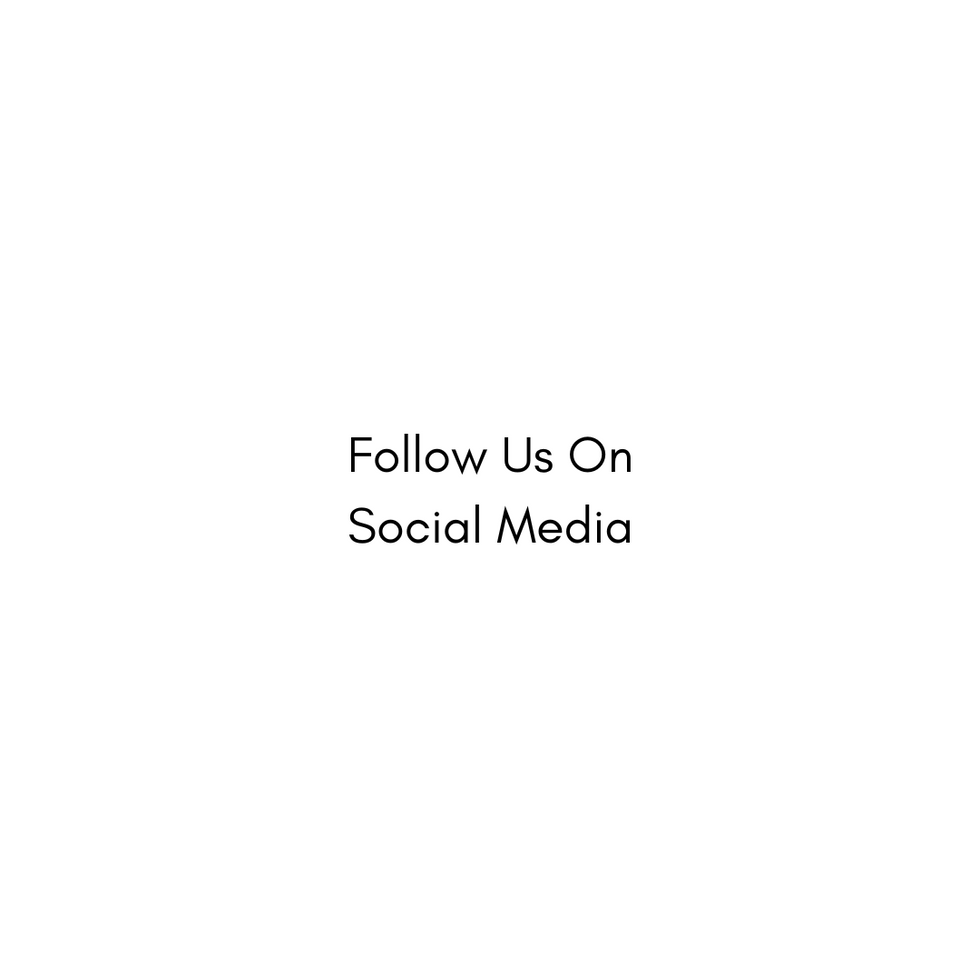We don’t know about you, but a whole new set of terminology seems to be around at the moment and we find ourselves feeling a bit ‘bamboozled’, frequently asking google what it all means (as well as asking my teenager what he meant when he sent me a text with just ‘k’ in it which is apparently short for ‘ok’ – who knew there was a shorter version of a two letter word???!?).

In our quest to be more environmentally friendly those clever Scientists have been coming up with more sustainable options and developing new fabrics and just like those codebreakers at Bletchley Park during WW2, we thought it was about time we cracked the new language code …. and shared it with you too!
For a fabric to earn the term ‘eco-friendly’ it has to meet certain criteria like having no or minimal amounts of toxic chemical likes synthetic dyes and bleach. New developments are happening all the time – we use some of these in our Tortue garments now, but there are other types of fabrics which may soon feature in future collections so watch this space!
Like most things in life, there are positives and negatives to everything so we thought we would give you the low down on what we know so far…
Viscose is made from wood pulp and features a lot in our Tortue clothing ranges because it is soft, breatheable and also we like the way you can wash it, hang it and have minimal or no ironing requirements (always a winner in our book)!
Hemp is related to the Marijuana plant family and is an eco friendly fabric as cultivation of hemp uses less natural resources (like water) than other crops and its production is less damaging to the environment. It’s a clever plant as it can help to clean contaminated soil as well as surviving without the need for pesticides so often is organically grown. Hemp fabric is durable and long lasting as well as being biodegradeable so can be a good choice if you are looking to have a greener wardrobe.
Similar to Hemp, organic cotton is more eco friendly than the cotton of our youth! Again it is grown without pesticides and the growers look at replenishment and maintenance of the soil fertility while minimising the use of natural resources. However, growing cotton does use a lot of water especially in the non organic variety so aim for organic cotton if you can.
Presenter Stacey Dooley once did one of her reporting programmes investigating the truth behind cotton growing and sustainability in fashion. It was very interesting in a relaxed reporting style and definitely worth a watch if you like documentaries.
Recycled cotton like the name suggests, is that made from materials that would otherwise have gone to landfill. Sometimes it can be called reclaimed or regenerated cotton but these are all the same thing and the new material Is made from the remains of yarns and fabrics discarded from clothes production as well as cotton fabrics that have had a former life either as clothing or household items. This is another good eco friendly option as not only are you preventing cotton from going to landfill, you are also using less water in the production process than it takes to grow a cotton plant.
Linen (or Flax) is one of the oldest and most eco-friendly fabrics. Its similar to hemp and bamboo fabrics as the plants need less water and fertilizer to thrive in the least fertile of soils. It is a natural fibre that is very strong and can be woven into a lightweight fabric. Unfortunately though the production process to get it to a fabric is largely a manual process which is why you often find that linen clothes are more expensive.
Recycled polyester is a synthetic man-made fibre. Rather than starting afresh – it is made by recycling waste – sometimes previously used polyester garments, but can also be made from old plastic drinks bottles. The recycling production process helps to reduce greenhouse gas emissions and uses less water than making polyester from scratch and features in the eco-ranges of many fashion retailers.

Bamboo Linen or Bamboo Lyocell is currently “in vogue” as Bamboo is a sustainable plant that grows quickly! (Don’t worry there is still plenty to go round so the Pandas still have a food source!) It is made by soaking the Bamboo pulp with up to 99% of the solution used to break it down being recovered and recycled helping to minimise water consumption as well as energy consumption in its manufacture. However, its important to consider that not all bamboo fabrics are eco-friendly! Bamboo Rayon or Bamboo Viscose in particular is produced by an intensive chemical process that pollutes the environment and can be harmful to the workers as well as making it a more expensive fabric to buy.

Tencel is a brand name for 2 types of sustainable fabrics made by an Austrian company called Lenzing AG and often comes as Tencel Lyocell or Tencel Modal. Tencel Lyocell is eco-friendly and can be combined with other fibres like wool, silk or cotton to enhance the look and feel of the fabric. Tencel Modal fabric is super duper soft and has a silky feel against your skin. All Tencel fabrics are derived from sustainably sourced wood which goes through environmentally responsible processes in the production which also has minimum waste.


Remember “Tomorrows World?” It was a BBC programme a loooooong time ago which aimed to showcase the futuristic developments in technology. Well this bit, is all about the fabrics of the future that you may start to see in the fashion world in the not too distant future!
Econyl (bless you!) . No – we didn’t sneeze! This is a fabric made from regenerated Nylon. It is produced by a clever Italian company called Aquafil who make use of industrial plastic waste as well as waste fishing nets recovered from the sea. This is a clever product as the end result is just as good as brand new Nylon but more eco friendly as it can be recycled over and over again. We are particularly happy to see this new product on the market as it is helping to clean up the oceans and protect marine habitats in the process (hopefully our turtles, seals and other marine flora and fauna will be protected from pollution and entanglements too).


Soy Silk is often used in the manufacture of Vegan friendly clothes. Real silk is made from silkworms so this is an animal friendly alternative if you aim to follow a Vegan lifestyle. It can sometimes be known as soy fabric, vegetable cashmere, vegan cashmere or soy protein fibre but they are all pretty much the same thing and made from the hulls of soy beans which are byproducts in the process of the soy industry so effectively repurposes the waste from making the Soy Sauce for your favourite Chinese food dishes!
Cork fabric can sometimes be called cork skin or cork leather and is made by removing the bark of the cork trees (don’t worry this doesn’t harm the tree and there is still plenty left for the wine bottle corks to be made too). It is another handcrafted process so whilst it uses up less energy resources it can be more expensive as time consuming. It is often used as a faux leather alternative and unlike pvc faux leather, it can be washed at higher temperatures in a washing machine
Pinatex is a vegan leather made from pineapple leaves that go to waste after the pineapple harvest each year and so helps prevent them being sent to landfill or rotting away in a heap. Vegan leather can also be made from mangoes too (who knew??) !!!!
We hope that this gives you a bit of an insight into the new fabric “dictionary definitions” and a bit of info about how they are produced plus new fabrics that are on the horizon too!
References
Slow nature.com
Fabric Guide masterclass.com
13 most eco friendly fabrics for sustainable fashion Ecotero.com

